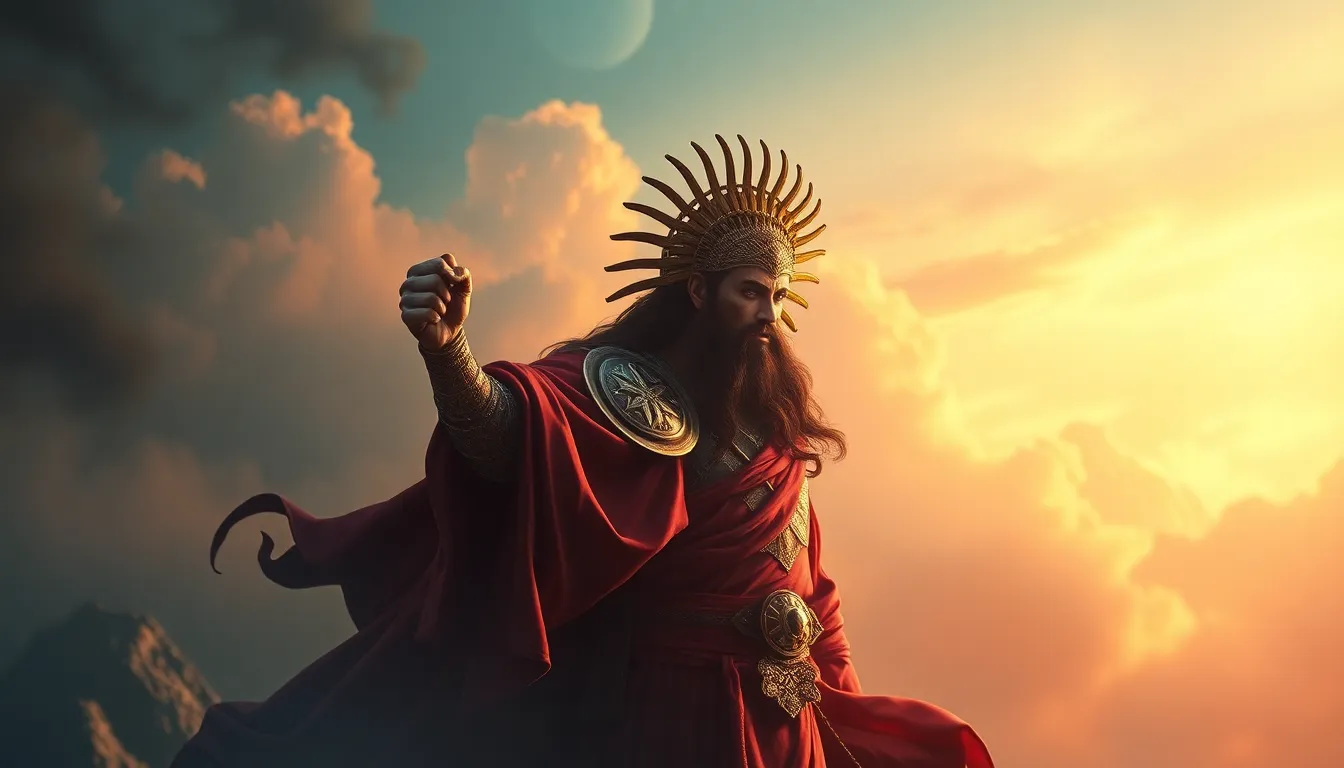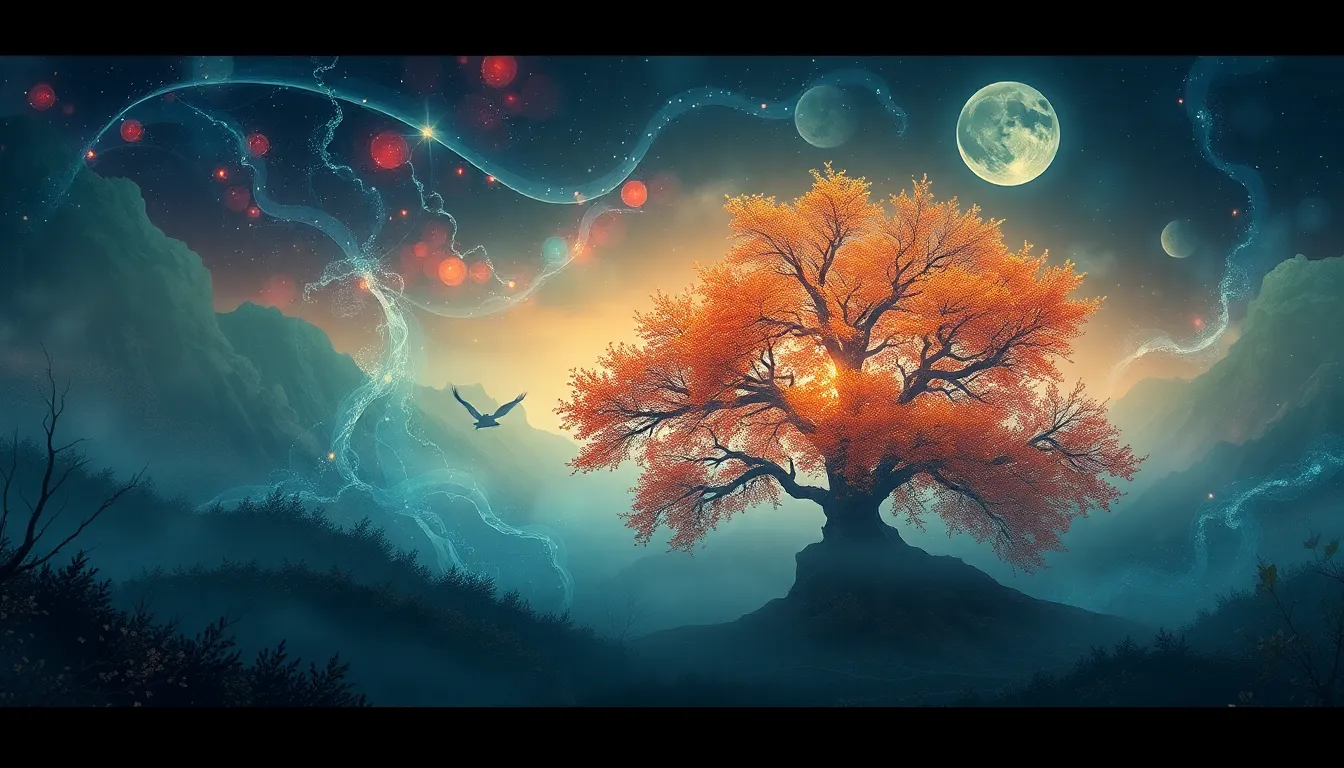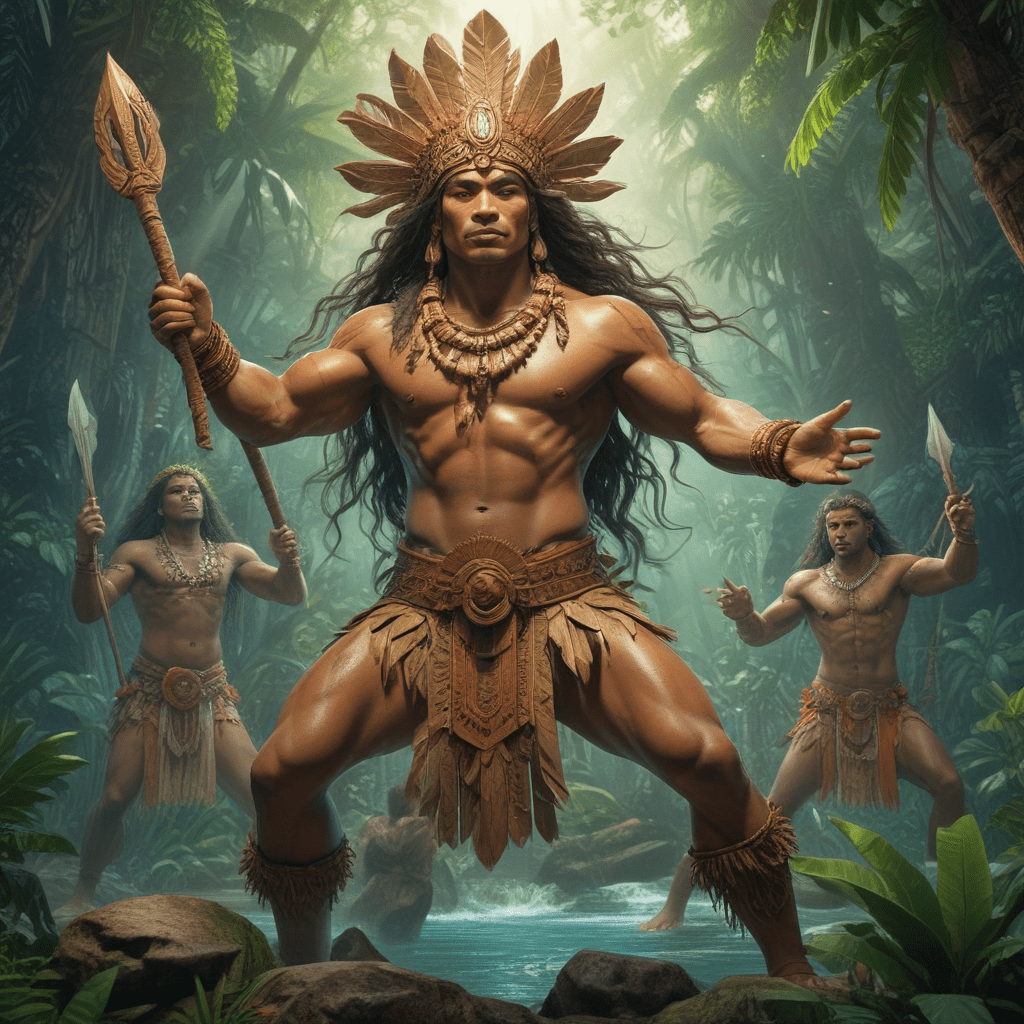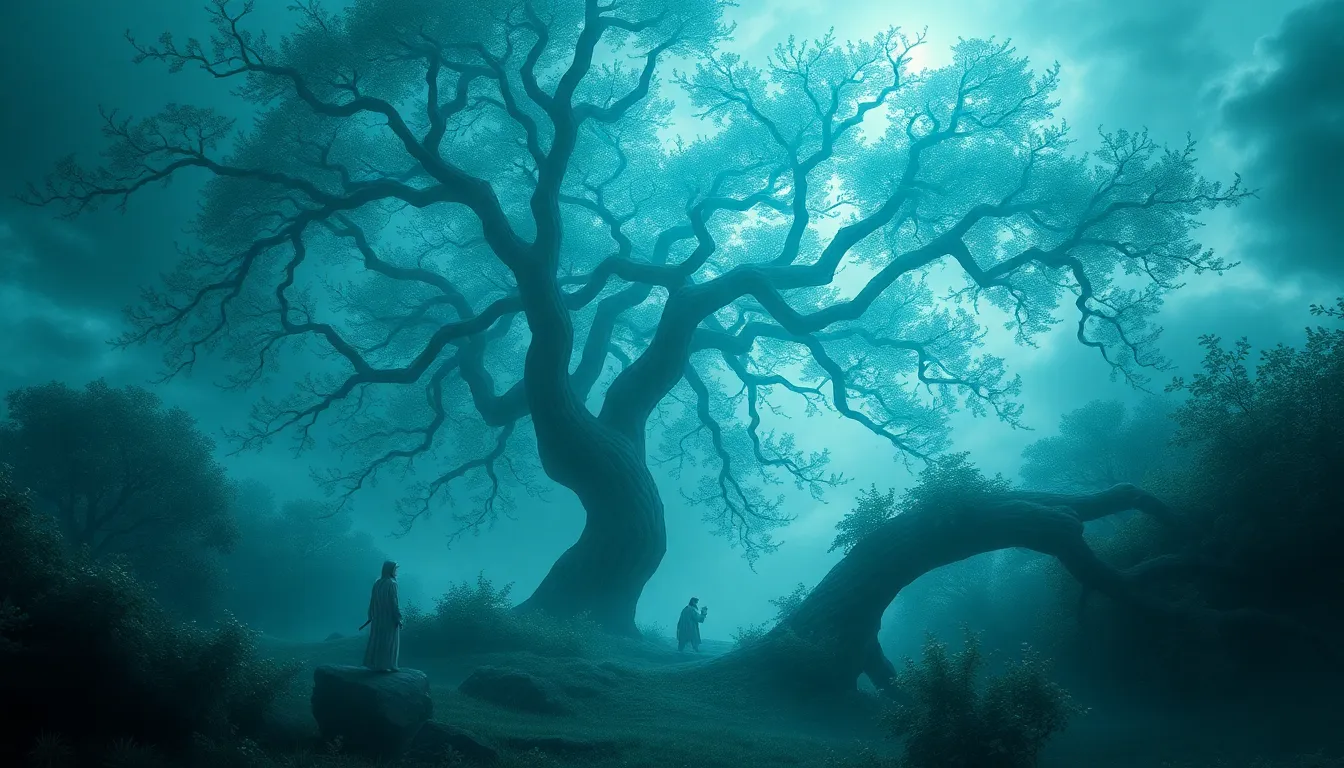The Mythical Influence of Cultural Heroes on Our Values
Introduction to Cultural Heroes
Cultural heroes are figures that embody the ideals, values, and aspirations of a society. They often possess extraordinary qualities or perform remarkable deeds that set them apart from the average person. These heroes serve as a mirror reflecting the cultural narratives of their time, shaping and reinforcing societal norms through myth and storytelling. Myths play a crucial role in this process, creating a framework through which cultures can express their beliefs, fears, and hopes.
Historical Context of Cultural Heroes
The concept of cultural heroes has evolved significantly throughout history, adapting to the changing values and circumstances of different civilizations. From ancient myths to modern narratives, heroes have always captured the imagination of the people. For instance:
- Hercules: A demigod from Greek mythology known for his strength and heroic feats.
- Gilgamesh: An ancient Mesopotamian king whose epic journey explores themes of friendship, mortality, and the quest for immortality.
- Robin Hood: A figure from English folklore who symbolizes the fight against injustice.
Each of these heroes reflects the values and struggles of their respective societies, providing a rich tapestry of stories that have endured through the ages.
The Psychological Appeal of Heroes
From a psychological standpoint, heroes resonate with individuals through established archetypes. According to psychologist Carl Jung, heroes represent the archetype of the “hero” that exists within the collective unconscious. This archetype embodies the journey of overcoming adversity, self-discovery, and transformation. Hero stories provide individuals with:
- A sense of hope and inspiration.
- Models for personal growth and resilience.
- Frameworks for understanding one’s own struggles and triumphs.
Consequently, narratives of heroes contribute significantly to individual identity formation, allowing people to connect their own experiences to larger societal themes.
Cultural Heroes and Moral Values
Cultural heroes embody societal ideals and virtues, serving as paragons of morality. The stories surrounding them often impart essential moral lessons, such as:
- Bravery in the face of adversity.
- The importance of self-sacrifice for the greater good.
- Commitment to justice and integrity.
For example, the tale of Hercules not only showcases physical strength but also emphasizes the importance of perseverance and redemption. Such narratives help instill moral values within communities, guiding behavior and shaping ethical standards.
Representation and Diversity in Hero Myths
The representation of cultural heroes is vital to ensuring that diverse voices and experiences are recognized within the fabric of society. Unfortunately, many traditional hero narratives have historically sidelined underrepresented groups. It is essential to highlight:
- The inclusion of female heroes, such as Mulan and Wonder Woman, who challenge gender norms.
- Heroes from various cultural backgrounds, like Black Panther, who reflect the narratives of marginalized communities.
- Indigenous heroes whose stories preserve cultural heritage and promote respect for nature.
By embracing diversity in hero myths, societies can foster a more inclusive understanding of heroism that resonates with a broader audience.
Cultural Heroes in Modern Media
In contemporary literature, film, and television, the portrayal of heroes continues to evolve. Modern heroes often reflect or challenge current societal values, addressing complex issues such as:
- Social justice and equity.
- Environmental sustainability.
- Personal authenticity and mental health.
The complexities of characters like Iron Man and Katniss Everdeen highlight the struggles of modern society, making them relatable to today’s audiences. These narratives encourage viewers to reconsider what it means to be a hero in the 21st century.
The Role of Heroes in Community Building
Cultural heroes play a significant role in fostering a sense of belonging and community identity. They often serve as symbols of collective values and aspirations, inspiring individuals to unite for a common cause. Examples include:
- Grassroots activists who champion social change.
- Community leaders who inspire local initiatives.
- Historical figures who symbolize resilience, such as Martin Luther King Jr. and Nelson Mandela.
These heroes encourage individuals to engage with their communities, fostering a shared identity and purpose.
The Impact of Heroes on Youth Development
The influence of cultural heroes on children’s moral and ethical development cannot be overstated. Young people often look up to these figures as role models, shaping their aspirations and values. Key points include:
- Heroes provide a framework for understanding right and wrong.
- They inspire youth to pursue their passions and stand up for their beliefs.
- Role models can positively influence self-esteem and confidence in young individuals.
By presenting relatable heroes, society can guide the moral compass of the next generation, helping them navigate complex social landscapes.
Critiques and Reinterpretations of Cultural Heroes
While heroes are often idealized, there is a growing recognition of their flaws and complexities. Modern critiques reveal that many traditional hero narratives may perpetuate unrealistic standards or overlook darker aspects of heroism. Contemporary society is reinterpreting these narratives to:
- Highlight the vulnerabilities and failures of heroes.
- Encourage a more nuanced understanding of heroism that appreciates the human experience.
- Challenge the binary view of heroes as purely good or evil.
This shift opens the door to more authentic representations of heroism, allowing for a deeper connection to the audience.
Conclusion: The Enduring Legacy of Cultural Heroes
Cultural heroes have played an integral role in shaping societal values throughout history. They serve as beacons of hope, embodying the ideals that communities strive to uphold. As society continues to evolve, the narratives surrounding cultural heroes will undoubtedly adapt, reflecting the changing values and aspirations of the times. The legacy of cultural heroes is not merely in their stories but in their ability to inspire future generations to pursue their own heroic journeys.




